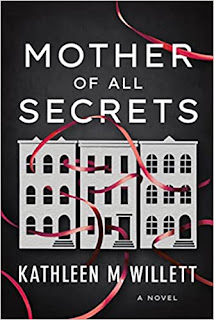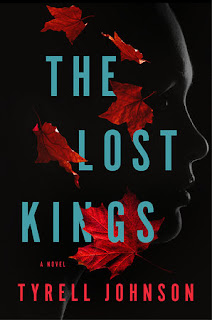 of Poems While You Wait, a team of poets and their typewriters who compose commissioned poetry on demand. She teaches in the English Department at DePaul University, and her recent books include the national best-seller, Lillian Boxfish Takes a Walk (2017) and the novel Cher Ami and Major Whittlesey (2020). Where Are the Snows, her latest poetry collection, was chosen by Kazim Ali as the winner of the X.J. Kennedy Prize and will be published by Texas Review Press in Fall 2022. Her latest novel, based on the life and work of the silent movie star Colleen Moore, will be published by in September of 2023.
of Poems While You Wait, a team of poets and their typewriters who compose commissioned poetry on demand. She teaches in the English Department at DePaul University, and her recent books include the national best-seller, Lillian Boxfish Takes a Walk (2017) and the novel Cher Ami and Major Whittlesey (2020). Where Are the Snows, her latest poetry collection, was chosen by Kazim Ali as the winner of the X.J. Kennedy Prize and will be published by Texas Review Press in Fall 2022. Her latest novel, based on the life and work of the silent movie star Colleen Moore, will be published by in September of 2023.
Rooney applied the Page 69 Test to Where Are the Snows and reported the following:
Because Where Are the Snows is a collection of 39 poems, I consider myself fortunate that it even has a 69th page, enabling me to participate in this illuminating test. Lots of poetry collections might be over before they hit the necessary count. As it is, page 69 is the last page of poetry in the collection, right before the Acknowledgements. It’s the second page of a two-page poem called “With the Face to the Rear, in the Direction Behind,” the last five lines of which read:Learn more about the book and author at Kathleen Rooney's website.Labor of love, labor of lunacy. In chaos might we find a new future?These five lines represent the culmination of what I hope that readers might get out of the book—a sense that yeah, things are grim globally, politically, ecologically, economically, and on and on, but it’s not too late to change our path. The atmosphere of life on planet Earth right now can make it tempting to give up or to decide that our actions individually or collectively cannot make an impact considering all that we’re up against, but they can. Ideally, the reader can realize along with me that hopelessness is a currency without any value and that when we rise up together, that’s when we’re most rich.
The surgical removal of evil from the corpus of the world.
What do you think Malcolm X meant by “by any means necessary”?
All we need is drastic action coupled with strong will. And maybe a miraculous event, unforeseen.
We must do more than idly talk. We must become a flock of smaller birds attacking a hawk.
The Page 69 Test: Cher Ami and Major Whittlesey.
Writers Read: Kathleen Rooney (July 2022).
--Marshal Zeringue


















